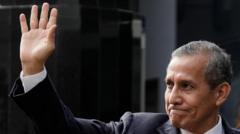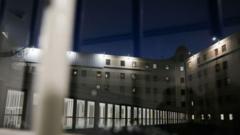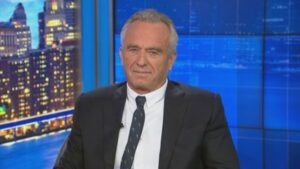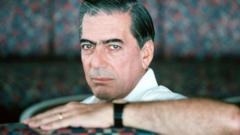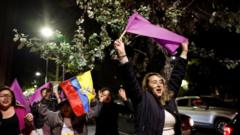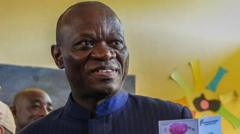As Ecuador prepares for its highly anticipated runoff presidential election this Sunday, the stakes could not be higher. With the nation grappling with rampant violence fueled by drug trafficking, voters find themselves divided over which candidate offers the most viable solution. The election comes in the wake of a series of tragic events, including the assassination of a presidential candidate and other security crises that have plagued the country in recent years.
Ecuador's Crucial Presidential Runoff: A Nation Grapples with Violence

Ecuador's Crucial Presidential Runoff: A Nation Grapples with Violence
Ecuador's upcoming presidential runoff is set against a backdrop of escalating violence, leaving voters at a crossroads in determining their next leader.
At the forefront of this election are current President Daniel Noboa and his challenger Luisa González, who has strong support from former populist leader Rafael Correa. Noboa's administration has prioritized confronting the security threats with a tough approach, while González represents a call for renewed political ideologies.
The violence in Ecuador, escalating significantly over the past five years, has transformed the nation into a critical hub in the international drug trade. This shift, marked by a justice system riddled with issues such as overcrowding and corruption, has led to the emergence of powerful prison gangs. Facing this tumultuous landscape, Ecuadoreans will head to the polls seeking a leader they believe can restore peace and security to their communities.
The election outcome will be pivotal, not only for the current administration but for the very future of Ecuadorian society in the face of ongoing crises that jeopardize the safety and well-being of its citizens. Results are expected following the conclusion of the voting process, with the nation holding its breath over who will emerge as its next leader.
The violence in Ecuador, escalating significantly over the past five years, has transformed the nation into a critical hub in the international drug trade. This shift, marked by a justice system riddled with issues such as overcrowding and corruption, has led to the emergence of powerful prison gangs. Facing this tumultuous landscape, Ecuadoreans will head to the polls seeking a leader they believe can restore peace and security to their communities.
The election outcome will be pivotal, not only for the current administration but for the very future of Ecuadorian society in the face of ongoing crises that jeopardize the safety and well-being of its citizens. Results are expected following the conclusion of the voting process, with the nation holding its breath over who will emerge as its next leader.







